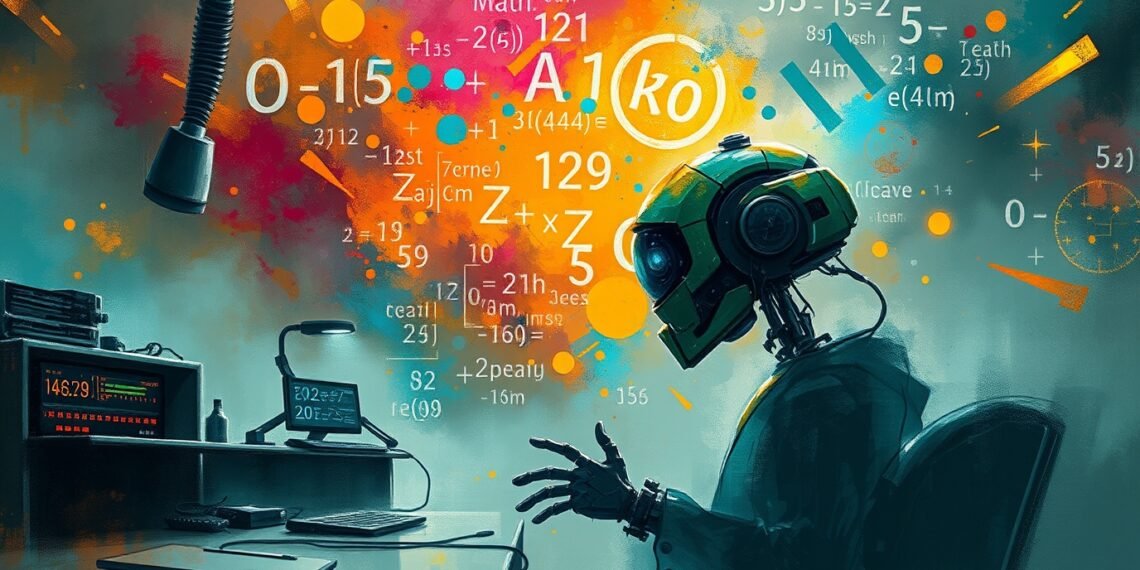For years, OpenAI has been funding a team developing MathGen, investigating techniques focused on training AI models to excel in high school math competitions. This initiative is essential for improving the reasoning abilities of AI systems, which are important for mimicking human-like tasks. While challenges remain, recent achievements, including a gold medal at the International Math Olympiad, highlight progress. OpenAI’s potential to enhance reasoning across various subjects could lead to the creation of adaptable AI agents. The launch of the AI reasoning model o1 in late 2024 drew top researchers to Silicon Valley, with some being hired by Meta for key positions. This progress was driven largely by reinforcement learning (RL), a successful technique long used in AI developments such as Google’s AlphaGo.
In 2023, OpenAI made significant breakthroughs by combining large language models with RL and test-time computation, which improved planning and verification processes for problem-solving. This led to a new approach called “chain-of-thought,” greatly boosting mathematical reasoning. Researchers recognized that enhancing reasoning required increased computational resources and time for model training. Following a Strawberry (formerly “Q*”) team breakthrough, which combined LLMs, RL, and a technique called “test-time computation,” a dedicated “Agents” team was established to propel the advancement of reasoning models, directly supporting the development of o1. From that time, the journey towards Artificial General Intelligence (AGI) became a focal point for OpenAI, emphasizing the importance of reasoning innovations as traditional training methods yielded limited improvements.
Although current AI systems excel in structured areas like coding, they face difficulties in more subjective tasks. Researchers indicate that addressing these challenges is a data-centric issue and a key area of current exploration. Newly developed RL techniques are allowing OpenAI to train models on less verifiable tasks and enhancing their reasoning abilities for future models, including GPT-5. OpenAI aims to create intuitive AI systems that function efficiently with minimal user input, potentially transforming ChatGPT into a versatile agent capable of handling various online activities, despite increasing competition from other technology companies.
The ainewsarticles.com article you just read is a brief synopsis; the original article can be found here: Read the Full Article…




